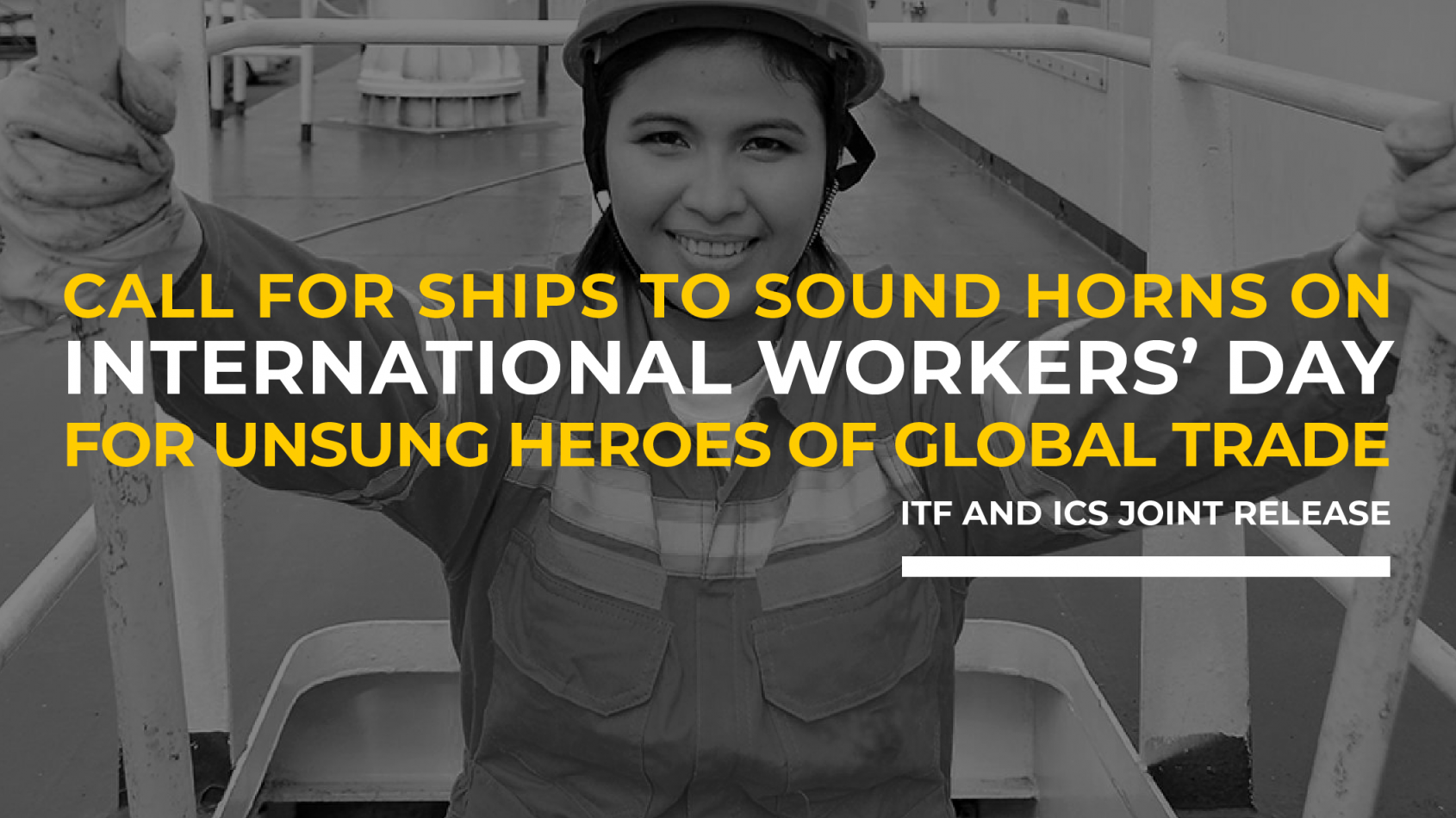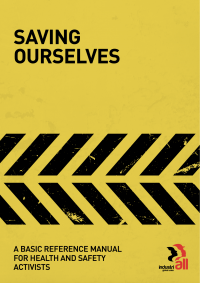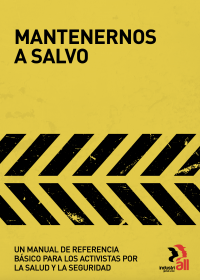The International Chamber of Shipping and its global network of national member associations and the International Transport Workers’ Federation and its 215 seafarers’ unions are calling on seafarers across the world to sound their ships’ horns when in port at 12.00 local time on International Workers’ Day on 1 May 2020.
International Workers’ Day – or Workers’ Day, May Day or Labour Day – is recognised in many countries around the world to celebrate and acknowledge the contribution made by workers across the world.
The ICS and ITF are encouraging the gesture of solidarity to recognise over 1.6 million seafarers across the world, the unsung heroes of global trade, who are keeping countries supplied with food, fuel and important supplies such as vital medical equipment not only through the Covid-19 pandemic, but every day. Prior to engaging in blowing the horns ships should ensure that appropriate clearance is sought where required.
Guy Platten, Secretary General of the International Chamber of Shipping said, “Our seafarers are the unsung heroes of global trade and we must not forget the contribution that they are making every day to keep our countries supplied with the goods that we need. The sounding of a ships’ horn in ports on the day that the world recognises the contribution of workers is an ideal way to remind us all of their sacrifice. They are all Heroes at Sea.”
Stephen Cotton, General Secretary, International Transport Workers’ Federation (ITF) said, “The ITF welcomes this initiative and call on seafarers to sound their ships’ horns in a global expression of solidarity, but importantly to also ensure that the spotlight remains on how critical seafarers are to ensure that essential goods continue to be transported around the world during this crisis. Governments should see this as a call to action to facilitate crew changes and the free movement of seafarers so that they can continue to keep supply chains moving in these unprecedented times.”
Shipping plays a fundamental part in global supply chains, but the issue of crew changes is posing major threat to the safe operation of maritime trade. Due to travel restrictions related to COVID-19, the industry has seen seafarers extending their time onboard ships after lengthy periods at sea. The current situation cannot last indefinitely for the safety and wellbeing of seafarers.
The ITF and ICS also repeated calls on governments to facilitate the free movement of seafarers, following on April 7, and a joint letter from ICS and International Air Transport Association (IATA).
Jointly, the ITF and ICS are calling on governments to:
- Designate a specific and limited number of airports for the safe movement and repatriation of crew.
- Redefine seafarers as key workers providing essential services during the Covid-19 pandemic, lifting national restrictions designed for passengers and non-essential personnel.
- To deliver their commitment to keep supply chains open by taking urgent measures on the issue.
ICS and ITF have also produced letters of authorisation to help seafarers and authorities recognise the key worker status of transport workers operating with legitimate authority. Shipping companies can the use the facilitation letter template, copy the text on company headed paper, fill in the seafarer’s individual details and share the filled in certificate with each of their affected seafarers, provided they have undergone the required medical screening. The letter states “This facilitation letter certifies that this seafarer should be allowed free passage to travel between their home and their vessel and has participated in a medical screening.” The letter can be downloaded here.
For more information please contact:
ITF: media@itf.org.uk
ICS: ICS@woodrowcommunications.com





